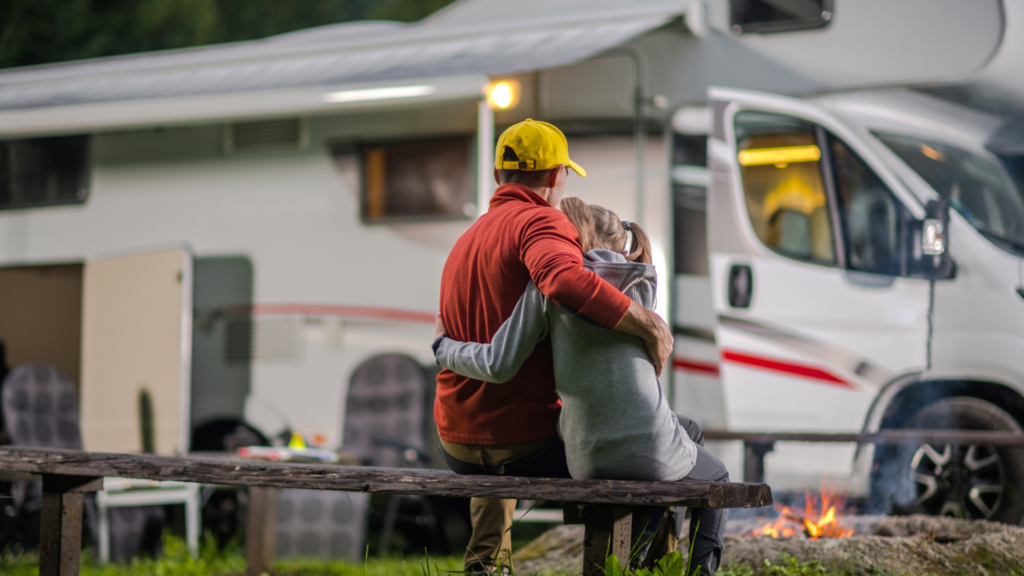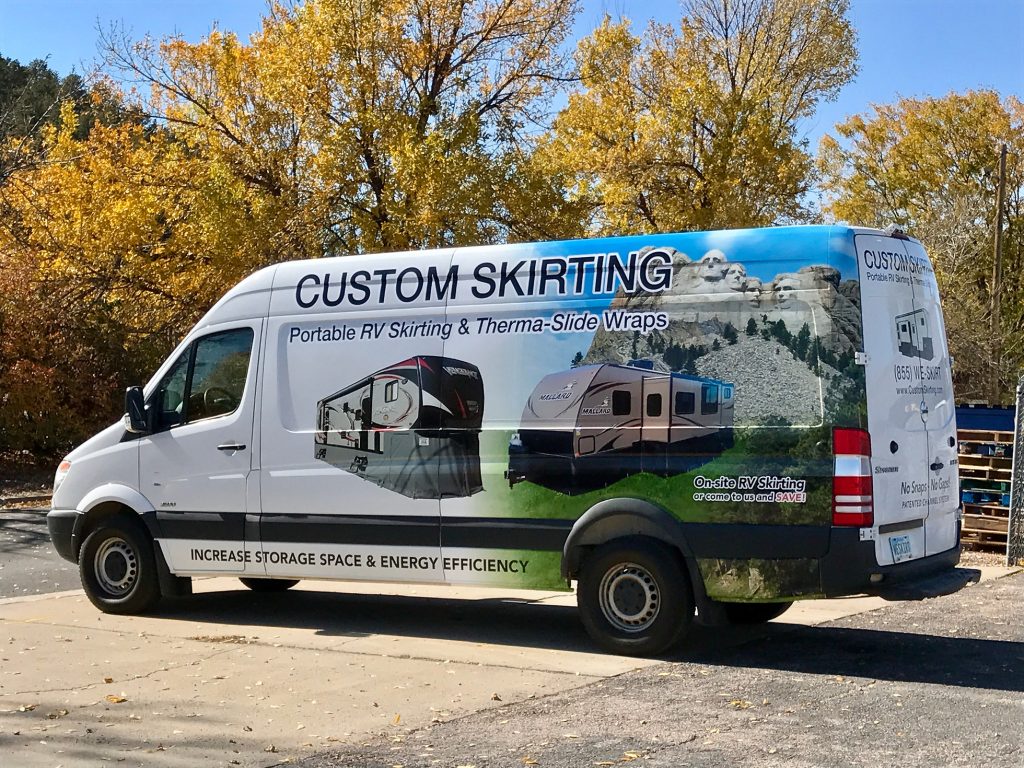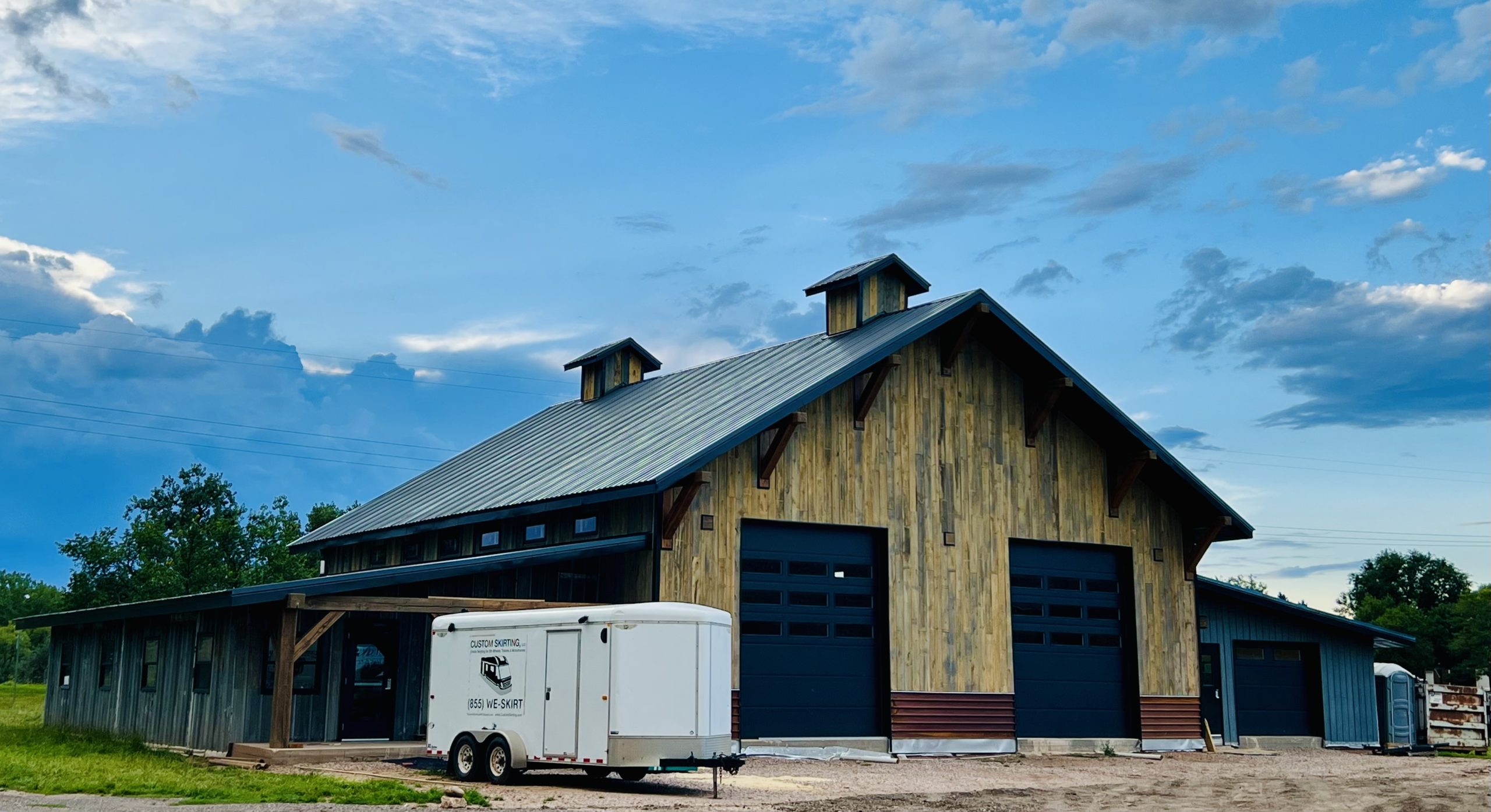Table of contents
RV living has gained popularity in recent years as more people seek freedom, adventure, and simplicity in their lifestyles. The idea of living on the road, exploring new places, and embracing a minimalist way of life is appealing to many. However, it’s crucial to understand the pros and cons of full time RV living before making the camper leap to understand if its worth it or not. In this article, we’ll delve into the advantages and challenges of living in an RV full-time, helping you determine if this lifestyle is right for you.
The Advantages (Pros) of RV Living
Freedom and Flexibility
When weighing out the pros and cons of RV or camper living to find out if it’s worth it, one of the most significant benefits of RV living is the freedom and flexibility it offers. With your home on wheels, you can travel wherever and whenever you want. This lifestyle allows you to chase good weather, explore new destinations, and change your surroundings at will. Many RVers take advantage of remote work opportunities, allowing them to maintain their careers while experiencing the joys of travel.
Imagine waking up to the sound of waves crashing on a beach one week and then hiking through a dense forest the next. RV living makes this possible. You have the autonomy to set your own schedule, avoid crowded tourist seasons, and discover hidden gems off the beaten path. This flexibility can lead to a more fulfilling and adventurous lifestyle, free from the constraints of a fixed location.
Cost Savings and Simplified Living
Living in an RV can lead to substantial cost savings. Traditional housing costs, such as mortgage or rent, property taxes, and utilities, are often significantly reduced. Additionally, the minimalist lifestyle that comes with RV living can help you cut down on unnecessary expenses. By simplifying your possessions and focusing on what truly matters, you can achieve a more financially sustainable way of life.
For example, you might find that you no longer need a large wardrobe, as casual and comfortable clothing suits the RV lifestyle. Cooking meals in your RV can save money compared to dining out frequently. The reduction in material possessions can also lead to less stress and a greater appreciation for the things you do have.
Closer Connection to Nature
RV living provides an unparalleled opportunity to connect with nature. You can stay in stunning natural settings, from national parks to scenic campgrounds, immersing yourself in the beauty of the outdoors. This lifestyle promotes outdoor activities such as hiking, fishing, and stargazing, contributing to a healthier and more active lifestyle.
Imagine spending your mornings kayaking on a tranquil lake, afternoons hiking through lush forests, and evenings by a campfire under a star-filled sky. The proximity to nature can enhance your well-being, reduce stress, and provide endless opportunities for adventure and relaxation.
Strengthened Relationships
Living in close quarters with family members or partners can foster stronger bonds. The shared experiences and challenges of RV living often bring people closer together. Additionally, the RV community is known for its friendliness and camaraderie, offering opportunities to meet like-minded individuals and form lasting friendships.
Many RVers form tight-knit communities and support networks. Whether it’s sharing travel tips, helping with repairs, or simply enjoying each other’s company around a campfire, the social aspect of RV living can be incredibly rewarding. For families, the constant togetherness can create lasting memories and strengthen relationships.
The Challenges (Cons) of RV Living
Limited Space and Privacy
When weighing out the pros and cons of full time RV or camper living to find out if it’s worth it, one of the primary challenges of RV living is the limited space. RVs are much smaller than traditional homes, which means storage and living areas are restricted. This can lead to difficulties in organizing belongings and maintaining privacy, especially for families or those who work from the RV. Adjusting to the confined space requires careful planning and creativity.
Living in a small space means that every item must have a designated place, and clutter can quickly become overwhelming. Privacy can also be an issue, as there are fewer rooms to retreat to for alone time. It’s essential to establish routines and boundaries to ensure that everyone in the RV has their own space when needed.
Maintenance and Repairs
Owning an RV comes with the responsibility of regular maintenance and the potential for unexpected repairs. From routine tasks like checking tire pressure and fluid levels to addressing mechanical issues, RV owners must be prepared for ongoing upkeep. It’s essential to have a basic understanding of RV systems and to budget for potential repair costs.
For example, you might encounter issues with your RV’s plumbing, electrical systems, or engine. Being able to perform basic repairs yourself can save money and reduce downtime. However, some repairs will require professional assistance, which can be costly and inconvenient, especially if you’re in a remote location.
Finding Suitable Locations
Finding available campsites, particularly during peak seasons or in popular areas, can be challenging. Some RVers struggle to secure reservations or find suitable parking in urban locations. Long-term stays can also be difficult to arrange, requiring careful planning and flexibility in travel plans.
It’s important to research and plan your destinations in advance. Apps and websites can help you find available campsites and RV parks, but it’s still crucial to have a backup plan in case your first choice is fully booked. Urban areas can be particularly challenging, as parking restrictions and limited space can make finding a spot difficult.
Weather and Climate Considerations
Extreme weather conditions can significantly impact RV living. Proper insulation, heating, and cooling systems are necessary to maintain comfort in various climates. RVers must be prepared to handle temperature fluctuations, storms, and other weather-related challenges, which can sometimes limit travel options.
For instance, winter RVing requires preparation to prevent freezing pipes and ensure adequate heating. In hot climates, effective air conditioning is essential to stay comfortable. Weather conditions can also affect travel plans, as severe storms or extreme temperatures might necessitate changing your route or staying in one place longer than planned.

Financial Aspects of RV Living
Initial Costs and Ongoing Expenses
The initial cost of purchasing an RV can vary widely depending on the type and model. Financing options are available, but it’s crucial to consider the long-term financial commitment. Beyond the purchase price, ongoing expenses include fuel, campground fees, maintenance, and insurance. Budgeting for these costs is essential to ensure a sustainable RV lifestyle.
It’s important to research different RV models and choose one that fits your budget and needs. New RVs come with warranties and the latest features, but they can be expensive. Used RVs are more affordable but might require more maintenance. Additionally, you need to factor in the cost of outfitting your RV with essential equipment and personalizing it to suit your preferences.
Budgeting for the RV Lifestyle
Creating a realistic budget for RV living involves accounting for both expected and unexpected expenses. It’s important to set aside funds for emergencies and repairs while finding ways to save money on the road. Tips for budgeting include utilizing free or low-cost camping options, cooking meals in the RV, and minimizing unnecessary purchases.
For example, many national forests and Bureau of Land Management (BLM) lands offer free or low-cost camping. Joining RV clubs can provide discounts on campground fees and other services. Being mindful of fuel consumption and planning efficient travel routes can also help manage expenses.
Practical Considerations for RV Living
Choosing the Right RV
Selecting the right RV is crucial for a successful full-time RV lifestyle. There are various types of RVs, including motorhomes, travel trailers, and fifth wheels, each with its own advantages and drawbacks. Factors to consider when choosing an RV include size, layout, amenities, and towing capabilities. It’s essential to find an RV that meets your needs and preferences.
For instance, motorhomes are self-contained units that can be easier to set up and move but might have higher fuel costs. Travel trailers and fifth wheels offer more living space and can be detached from the towing vehicle, allowing for greater flexibility when exploring an area. It’s important to consider your travel style, the number of people traveling with you, and your budget when making a decision.
Legal and Logistical Matters
Full-time RVers must address several legal and logistical considerations. Establishing a domicile for tax and legal purposes, managing mail and packages, and securing healthcare options are essential steps. Additionally, understanding insurance requirements and ensuring adequate coverage for the RV and its contents is crucial for peace of mind.
Choosing a domicile state can affect your taxes, voting rights, and access to services. Services like mail forwarding can help you manage your mail, while telemedicine and nationwide health insurance plans can provide healthcare access on the road. Ensuring your RV insurance covers both travel and stationary periods is also important.
Working and Staying Connected on the Road
For those who work remotely, maintaining a reliable internet connection is vital. Options for internet connectivity include mobile hotspots, satellite internet, and campground Wi-Fi. Creating a productive work environment within the RV involves setting up a dedicated workspace and managing power and data needs effectively.
Many RVers rely on cellular data plans with mobile hotspots for internet access. Investing in signal boosters and Wi-Fi extenders can improve connectivity in remote areas. Setting up a comfortable and functional workspace within the RV can enhance productivity and ensure a good work-life balance.

Is RV Living Right for You?
Deciding whether RV living is right for you involves careful consideration of your goals, lifestyle preferences, and financial situation. Here are some questions to ask yourself:
- Do you value freedom and flexibility in your lifestyle?
- Are you comfortable with a minimalist and simplified way of living?
- Can you adapt to living in a small space with limited privacy?
- Are you prepared for the responsibilities of RV maintenance and repairs?
- Do you have a realistic budget for the costs associated with RV living?
- Are you excited about the prospect of connecting with nature and exploring new places?
Ready to Embrace RV Living? Stay at Black Hawk Creek RV Park!
Weighing out the pros and cons of living in a camper is a big decision. If you’re considering making the leap, why not experience the best of RV living at Black Hawk Creek RV Park & Cabins?
Discover the Perfect RV Living Experience at Black Hawk Creek RV Park
Located just 2 miles from the interstate and a mere 5-minute drive from the vibrant city of Rapid City, Black Hawk Creek RV Park & Cabins is your year-round gateway to an unforgettable South Dakota adventure. Offering a diverse range of accommodations from spacious RV sites to cozy cabins, this inviting haven welcomes both short-term travelers and those seeking extended stays.
With its strategic location, you’re never far from South Dakota’s most iconic attractions, including Mount Rushmore, Crazy Horse, Custer State Park, Badlands National Park, Devils Tower, and the historic Wild West gambling town of Deadwood, all within a scenic drive.
At Black Hawk Creek, you’ll enjoy the perfect blend of convenience, comfort, and adventure. Our well-maintained facilities and friendly community will make you feel right at home. Whether you’re a seasoned RVer or just starting your journey, Black Hawk Creek RV Park & Cabins is the ideal place to experience the pros and cons of full time RV living firsthand.
Book your stay at Black Hawk Creek today and unlock the door to a world of exploration, relaxation, and comfort in the heart of South Dakota. Don’t wait—start your RV adventure now and see if the full-time RV living is worth it for you!






